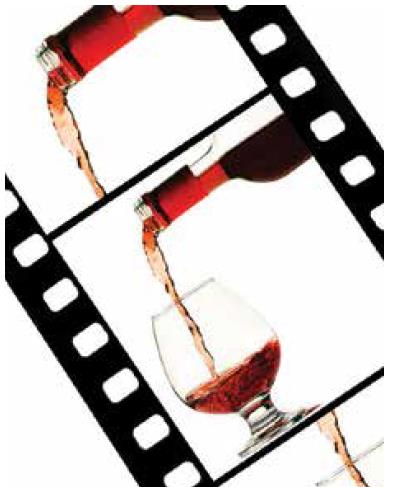
By Dave Rudman
What “bad” movies do you love? Everyone has at least oBy Dave Rudmanne. I love “Center Stage.” I also love “The Lake House.” I love them for a variety of reasons, but they are still bad movies, chiefly because they are poorly acted and have ill-conceived stories. I will watch either any day, but I would never be so foolish as to suggest seriously that either is a great movie and that the masses and critics are just mistaken about them.
What “great” movies do you dislike? “Citizen Kane” was the ranked the best movie in history by the American Film Institute. “Slumdog Millionaire” won an Oscar for best picture. I would not sit through either of them again. Again, I would be very foolish to argue that either is actually a bad movie and that the masses and critics are simply mistaken. Since there is no literal definition of what makes a movie great or bad, why don’t we make judgments about movies based solely on our opinions?
The answer is that even though greatness or badness cannot be defined in one sentence, some movies are truly great and some are truly bad, and everyone knows it when they see it. Greatness and badness are not simply matters of individual taste, but are universal — and we generally are okay with recognizing this.
Why is this point relevant to us in the wine business? Because with wines, unlike with movies, people abandon the concept that wines are objectively good or bad,
independent of their enjoyment of them.
Have you ever had someone pontificate on an inexpensive, mass-market wine they discovered? Odds are good that they did not simply admit to liking a wine that they know isn’t great, as they might readily do if instead they liked a bad movie. Rather, they made an honest-to-gosh case that the wine in question did not simply appeal more to their taste; it was actually better than more highly-acclaimed wines from reputable producers.
Actually better! The masses and critics must simply be mistaken. Wine writer Karen MacNeil famously declares in her landmark text “The Wine Bible,” “[o]ne of the most insidious myths in American wine culture is that a wine is good if you like it. Liking a wine has nothing to do with whether it is good. Liking a wine has to do with liking that wine, period.”
Wise sellers of wine recognize this, and take advantage of it. Knowing which wines are right for our customers depends on it. Consider these examples:
LOW-QUALITY WINES WITH MASS-MARKET APPEAL
Inexpensive pinot grigio and moscato
LOW-QUALITY WINES WITH NARROW APPEAL
Inexpensive sherry and pinotage
WORLD-CLASS WINES WITH MASS-MARKET APPEAL
Well-made, fruit-forward New World wines
WORLD-CLASS WINES WITH NARROW APPEAL
Many well-made French and other Old World wines
Smart wine-sellers educate their customers in order to bring them along and increase sales. Yet bringing customers who currently only drink wines with mass-market appeal into a category of wines with narrower appeal may turn them off, and reinforce the falsehood that the appealing wines they are used to are actually better than the “so-called” great ones with narrower appeal, regardless of quality level. When this happens, the development of the customer’s confidence and acquisition of experience may become arrested.
Let your customer’s confidence determine where you take them on the quality. Confident customers spend more, enabling you to guide them to higher quality wines. Let your customer’s experience determine where you take them on appeal. Guide customers who only drink California Meritage to Bordeaux — but with a producer making a more modern style of wine. As they gain experience tasting wine, their palates will develop, and so too will their ability to recognize greatness independently of their personal tastes.
DRINKING THINGS is a “guide to the spirits of grains and fruits (and more), with a bit of the spirit of the author, just to make things interesting.” Follow @drinkingthings on Twitter, and as “Drinking Things” on Facebook and www.drinkingthings.com.




